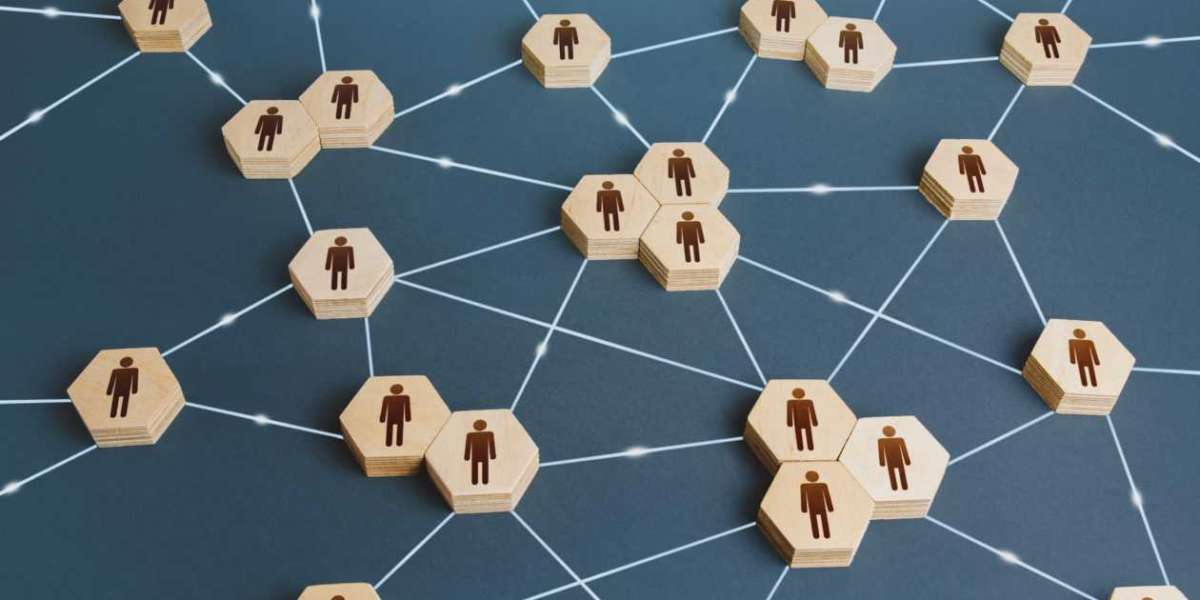Decentralized systems are the future.
Decentralized systems are the future.
Blockchain technology will change how we think about databases and make it possible for us to create trustless systems, which are more resilient, transparent and accountable. Cryptocurrencies signal a return to openness in our financial systems and distributed cloud computing will lead to more resilient, trustworthy platforms on which people can store their data securely.
Blockchain is changing the way we think about databases.
The blockchain is a decentralized database that allows people to store information in a way that cannot be manipulated or hacked. It’s also a way to track data, make it immutable and secure it from being altered by hackers.
Blockchains have been around since 2008, when bitcoin was created as an alternative currency for peer-to-peer trading on the internet.
Cryptocurrencies signal a return to transparency and accountability in our financial systems.
Cryptocurrencies are a way to return to a more transparent financial system.
Cryptocurrencies are a way to return to a more accountable financial system.
Cryptocurrencies are a way to return to an open financial system.
Cryptocurrencies are a way for people who want their money kept in privacy and security, but also want access
to those same services as anyone else who has been using those services for decades
Distributed cloud computing will lead to more resilient, trustworthy platforms.
Distributed cloud computing is not just about being more resilient to attacks. It can also improve trust in platforms and applications by making them more transparent, accountable and secure.
For example, in the case of a distributed cloud computing platform like Azure, it’s possible for users to see how their data is stored across multiple devices (PCs or phones) through snapshots taken at regular intervals by third-party services such as Twitter’s Firebase or Google Analytics. This allows them to track changes over time so they know what happened with their data before the snapshot was taken—and therefore whether there have been any problems with the application itself.
This kind of transparency will help users feel confident that their data has not been tampered with during transmission across networks—which means they’ll be able to trust that nothing bad has happened while they were away from home base!
A return to true peer-to-peer networks will change the way we use the internet.
A return to true peer-to-peer networks will change the way we use the internet.
Peer-to-peer networks are decentralized, which means that there’s no central authority or server that controls them. This makes them more resilient: if one node goes down or is compromised, others can step in and continue serving content without having to worry about downtime. Peer-to-peer also means that your data is more secure because it’s encrypted throughout its journey between users (and not just on one server).
Peer-to-peer networks have been around for decades but have recently become more popular thanks to increased use of mobile devices such as smartphones and tablets—this makes sense because most people carry around these devices with them wherever they go!
Web 3.0 is coming, and will bring a lot of practical innovation for everyone.
- Decentralization is the future.
- Blockchain will change the way we think about databases.
- Cryptocurrencies signal a return to transparency and accountability.
Distributed cloud computing has long been used to distribute large-scale applications across multiple servers; however, as blockchains become more mainstream, there is an opportunity for distributed platforms to lead this trend by providing smaller groups of users with access to massive amounts of computing power without having to pay high prices or deal with complicated infrastructure management issues like backup and recovery systems. In addition, because these distributed systems are built on open source software rather than proprietary hardware they can be more cost effective than traditional cloud providers when it comes time for upgrading components or adding new features over time – which means that even if you’re not interested in cryptocurrency investing yourself (which I wouldn’t blame you), this technology could still benefit your business in ways beyond just saving money on server hosting costs!
Conclusion
The future of decentralization is one defined by transparency, accountability and trust. Rest assured that we are on the path toward these new technologies, and we’re already seeing their impact in our own daily life. From cryptographically secure databases to distributed cloud computing, the future looks brighter for us all with each passing day.






